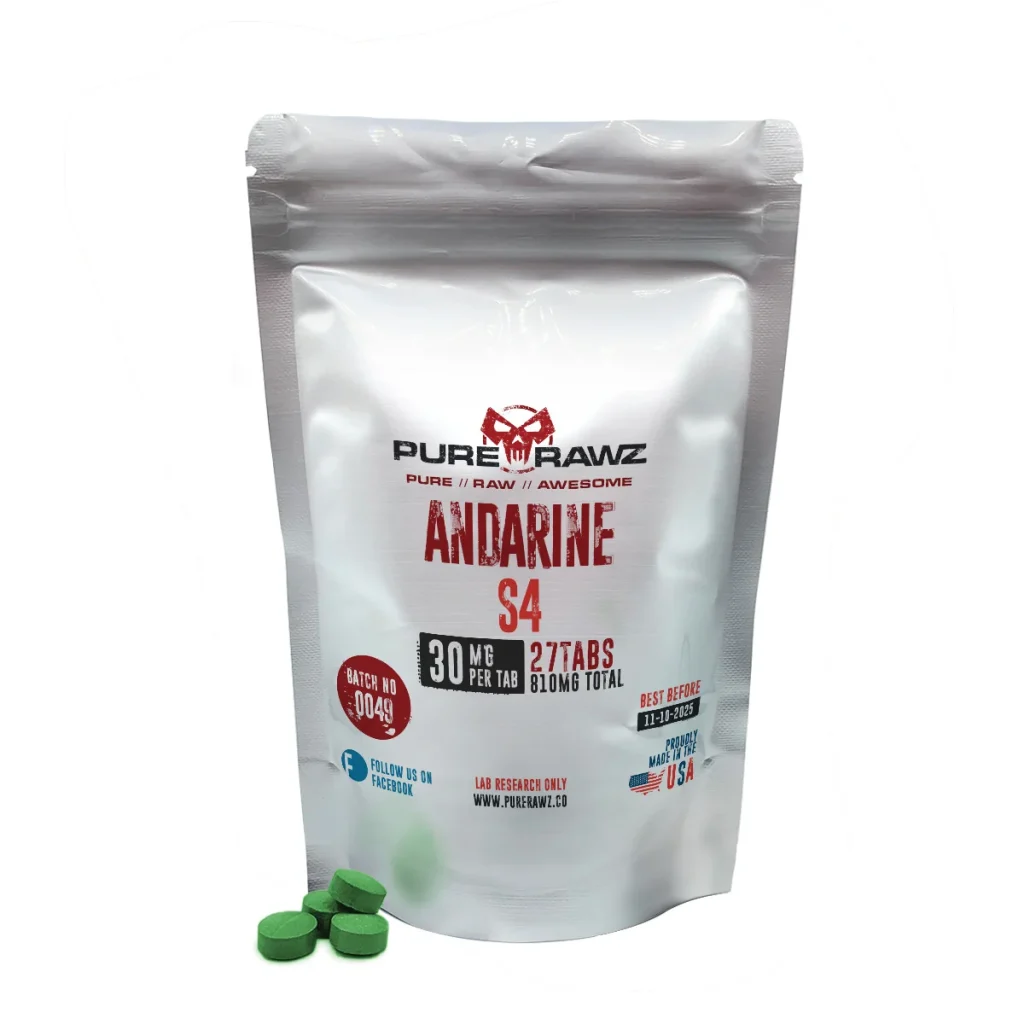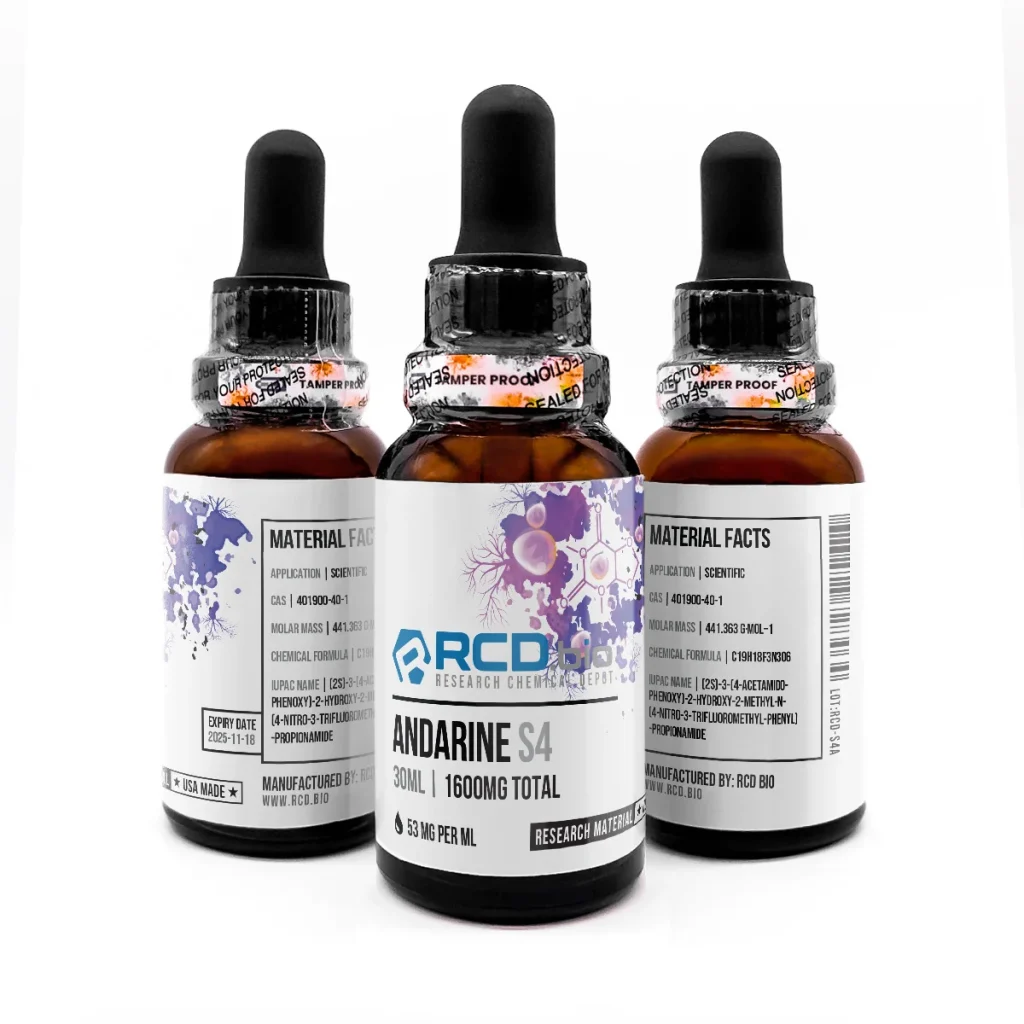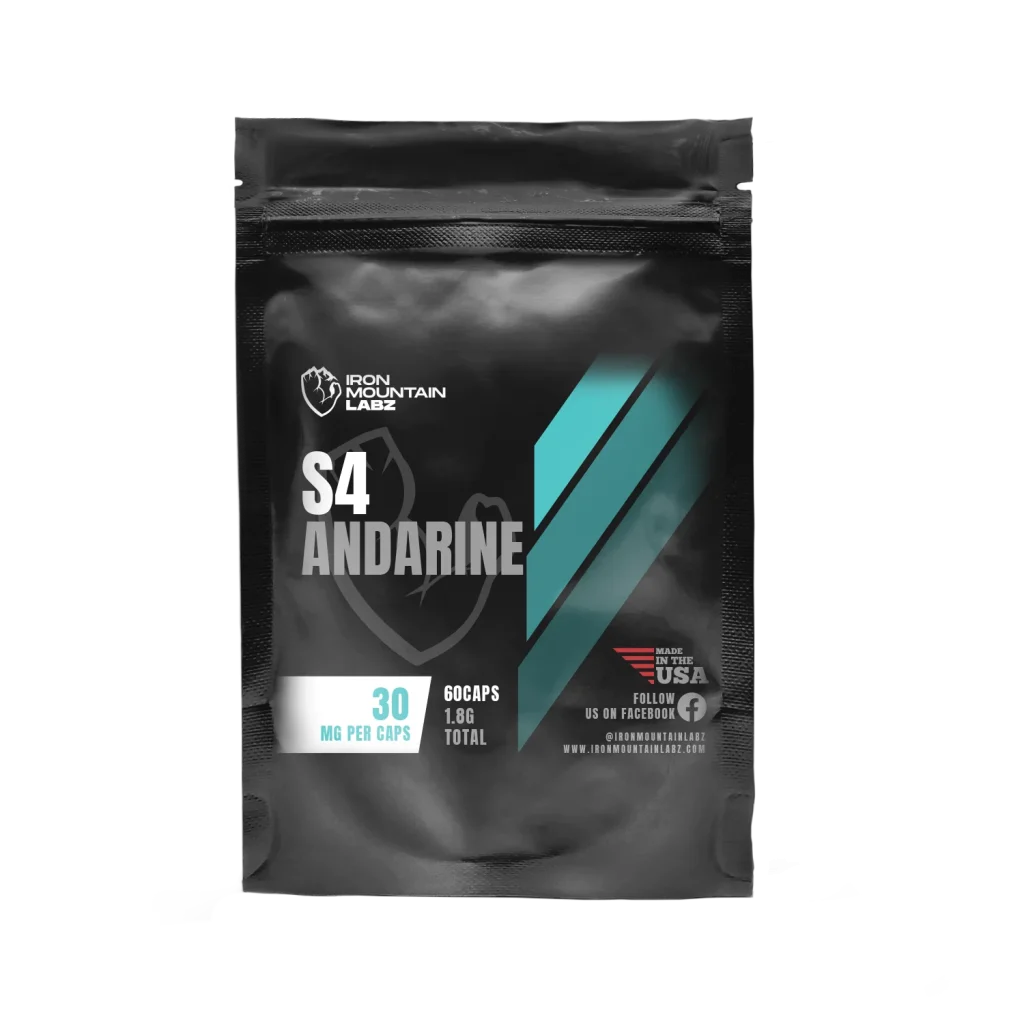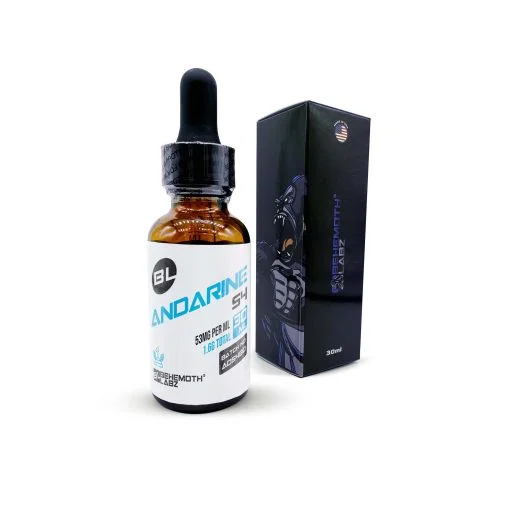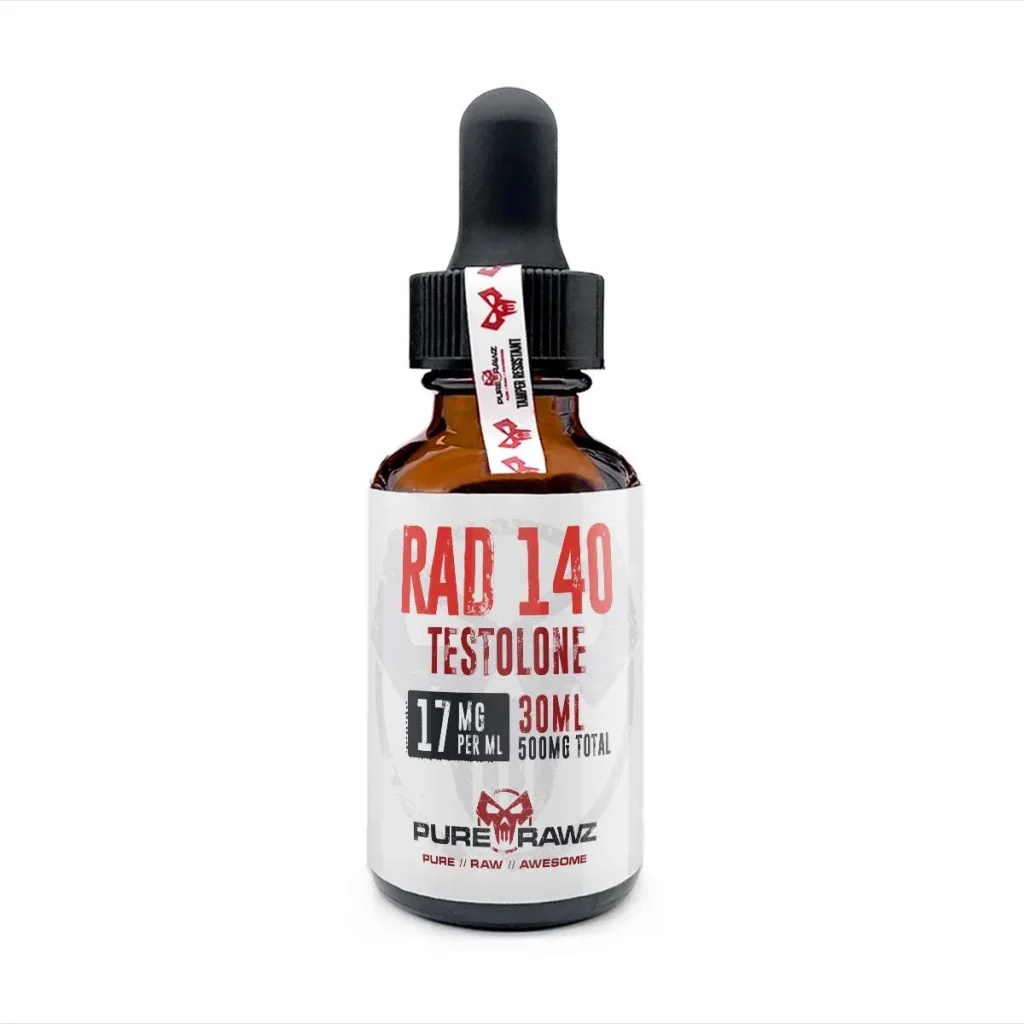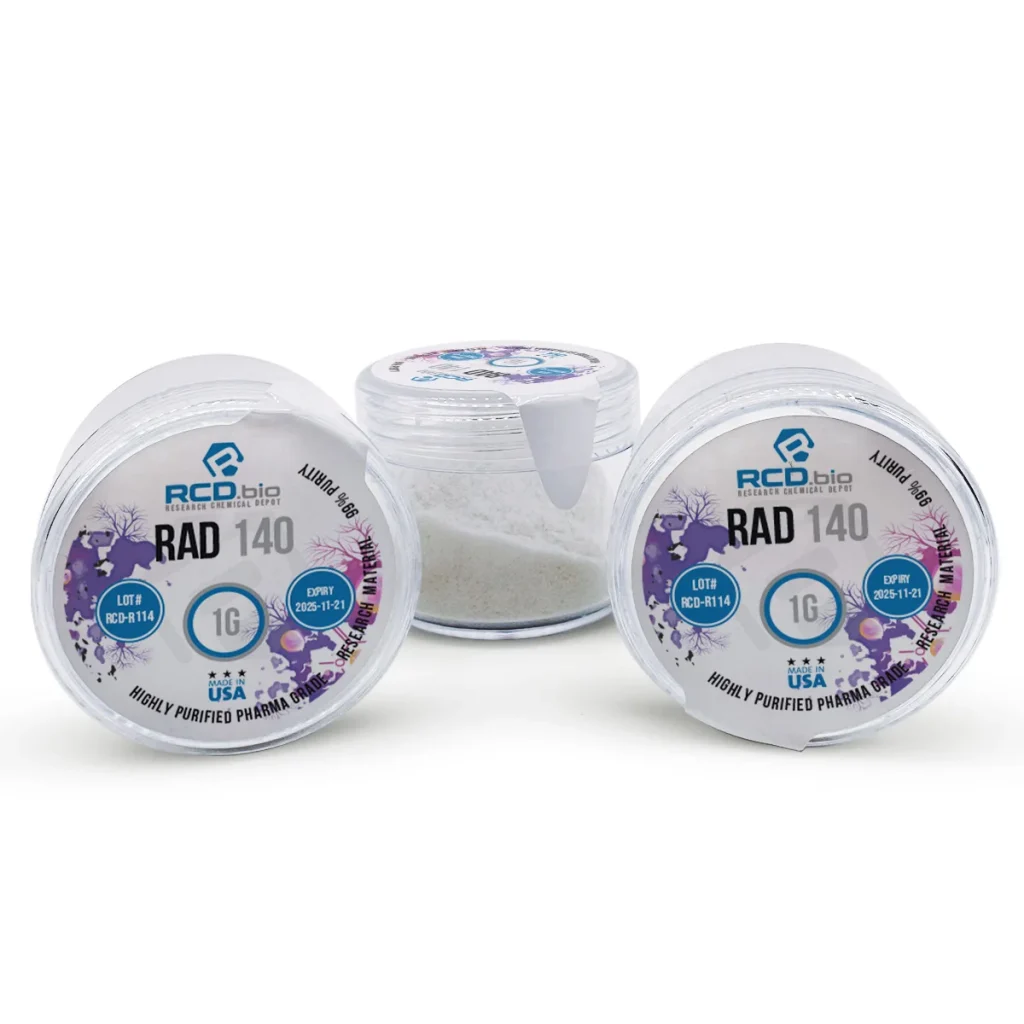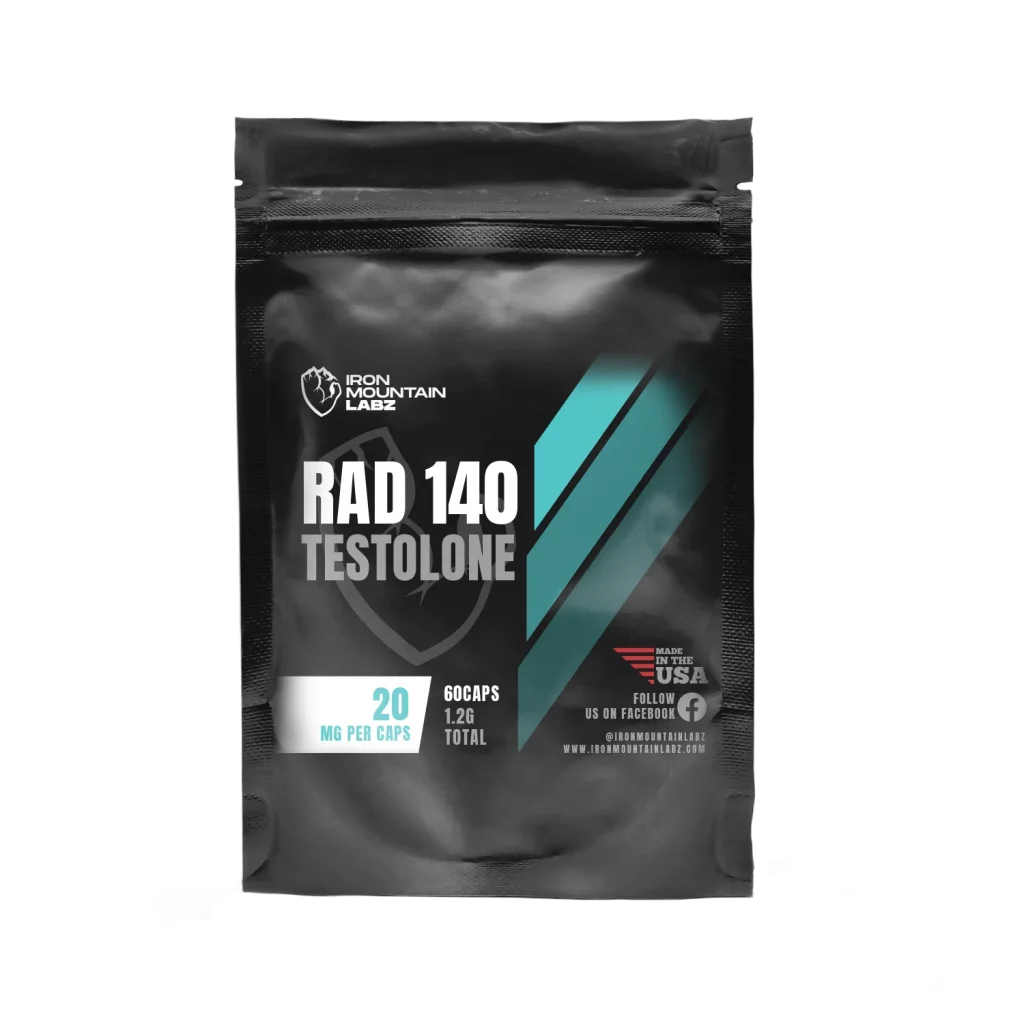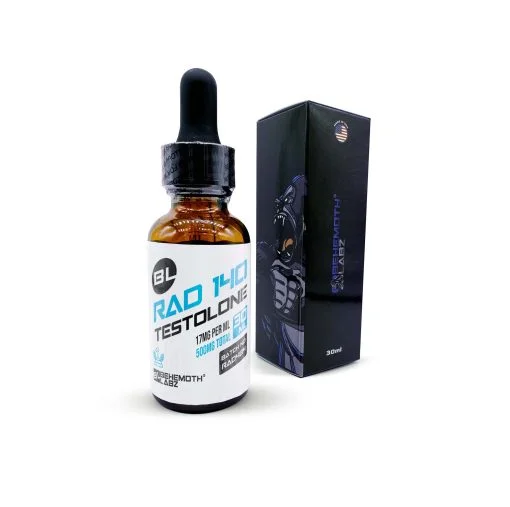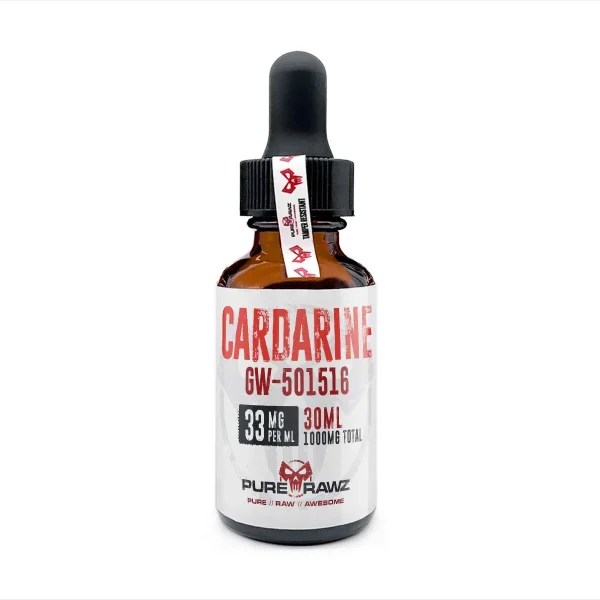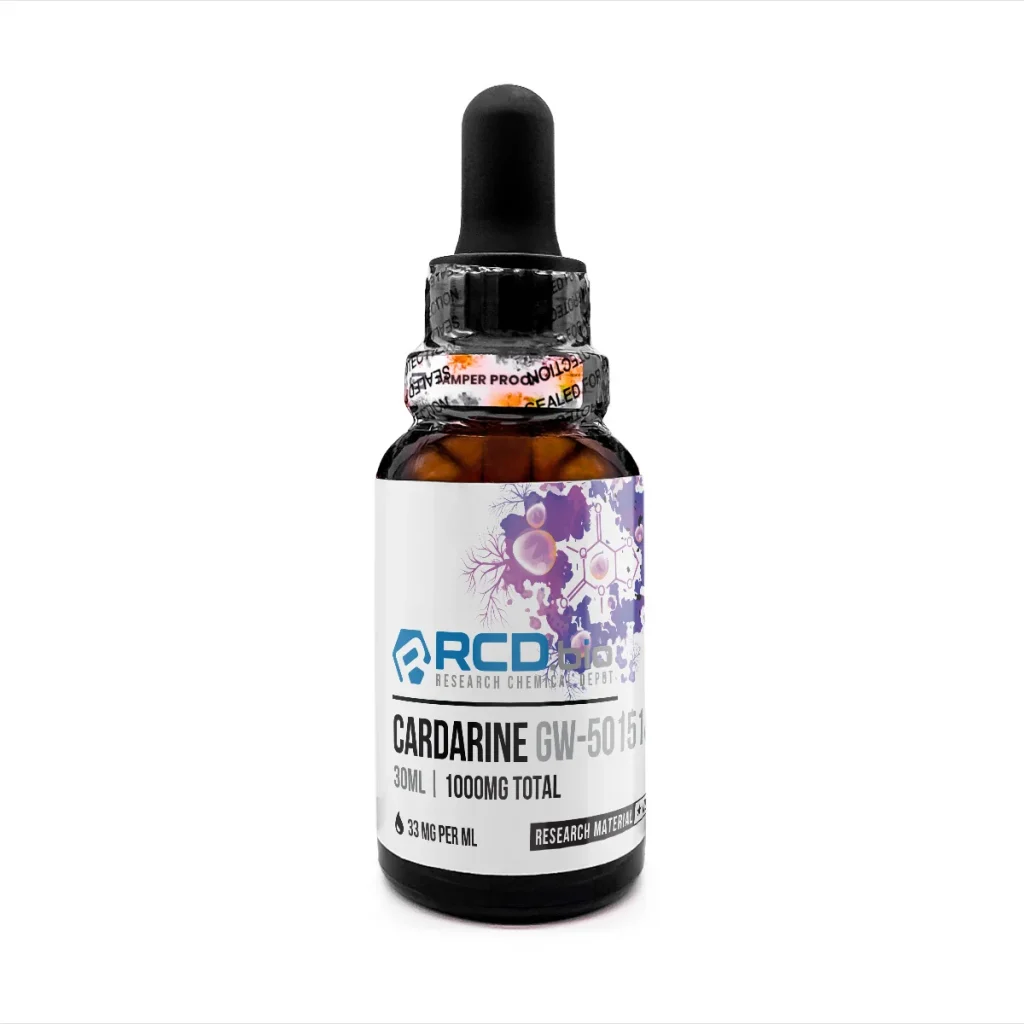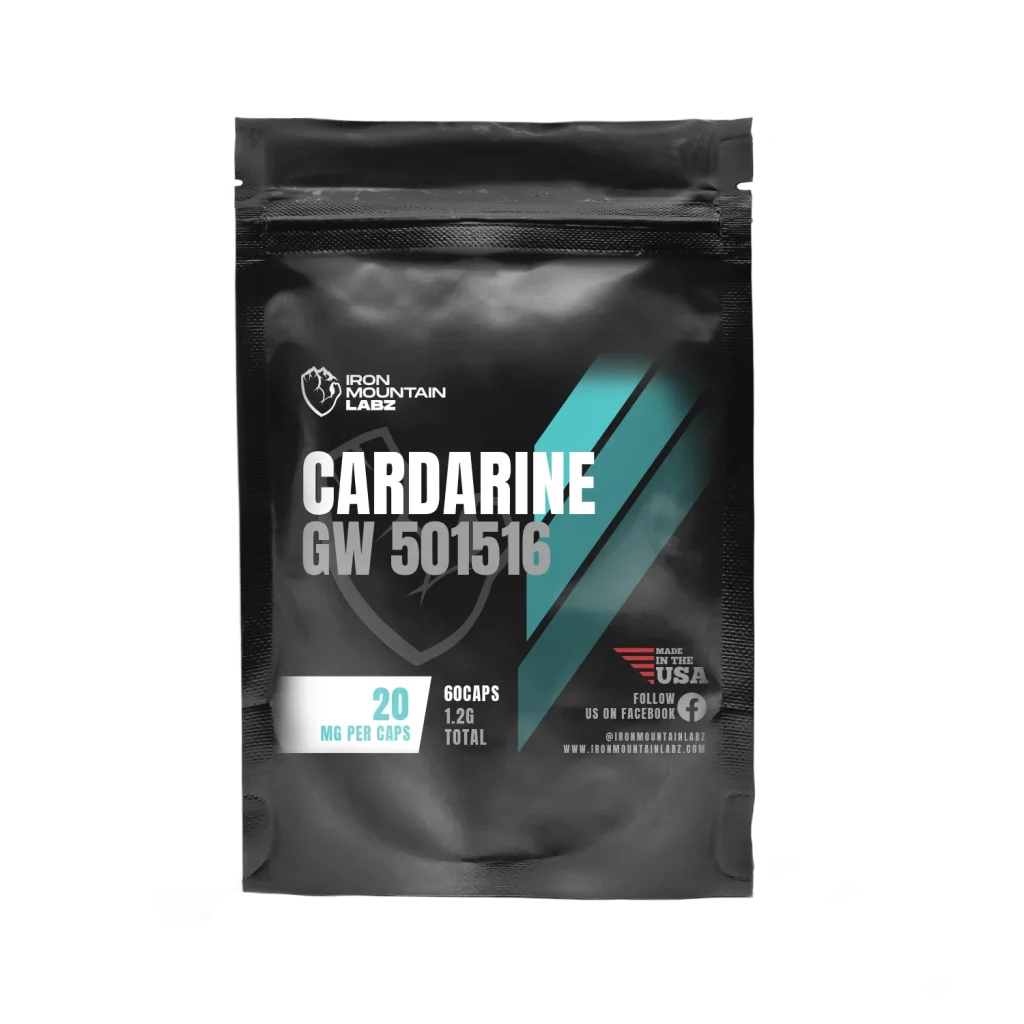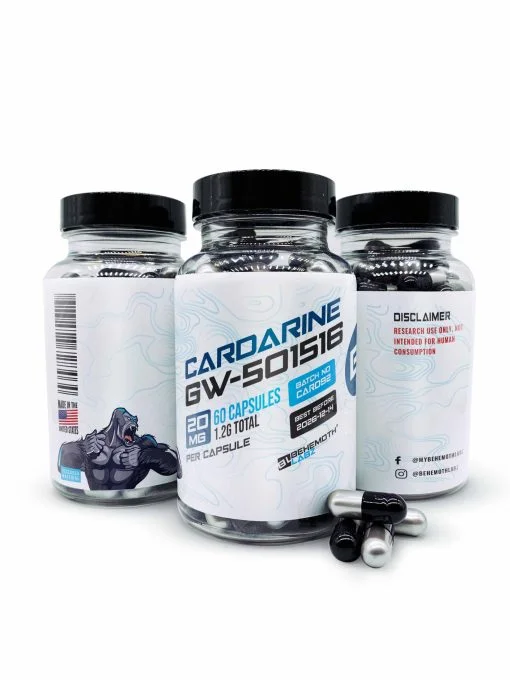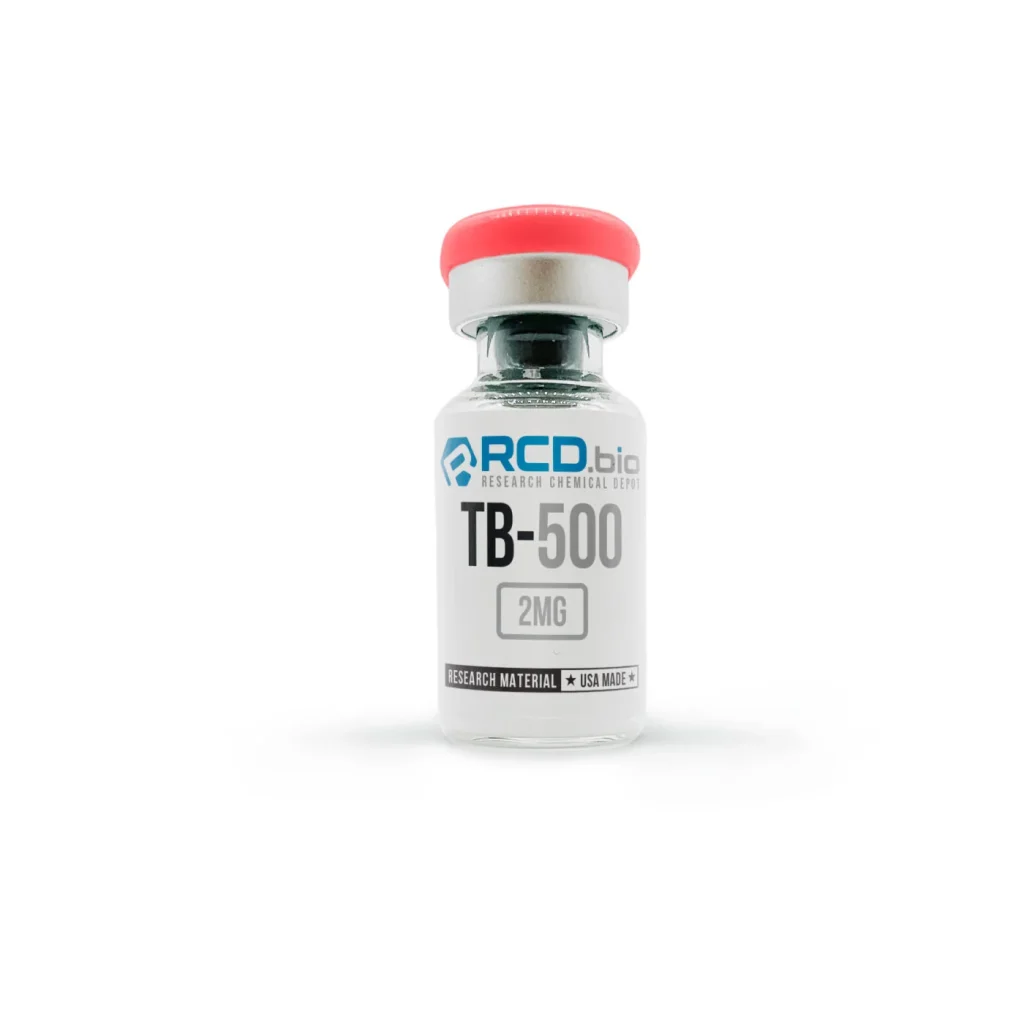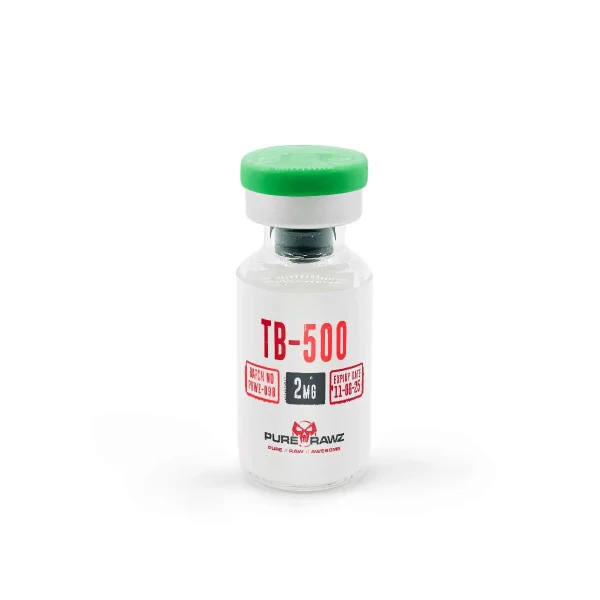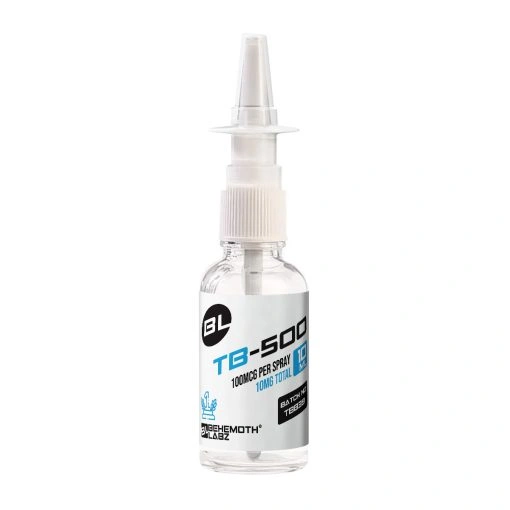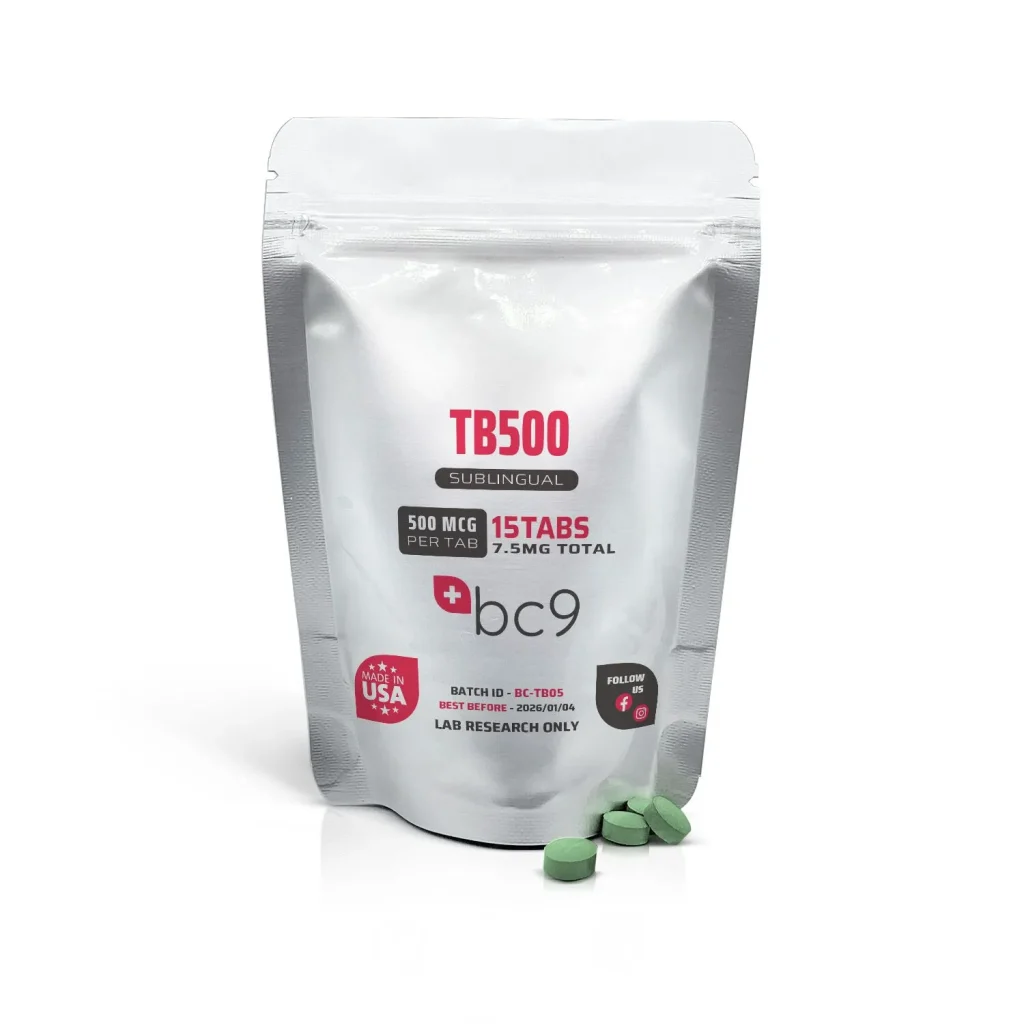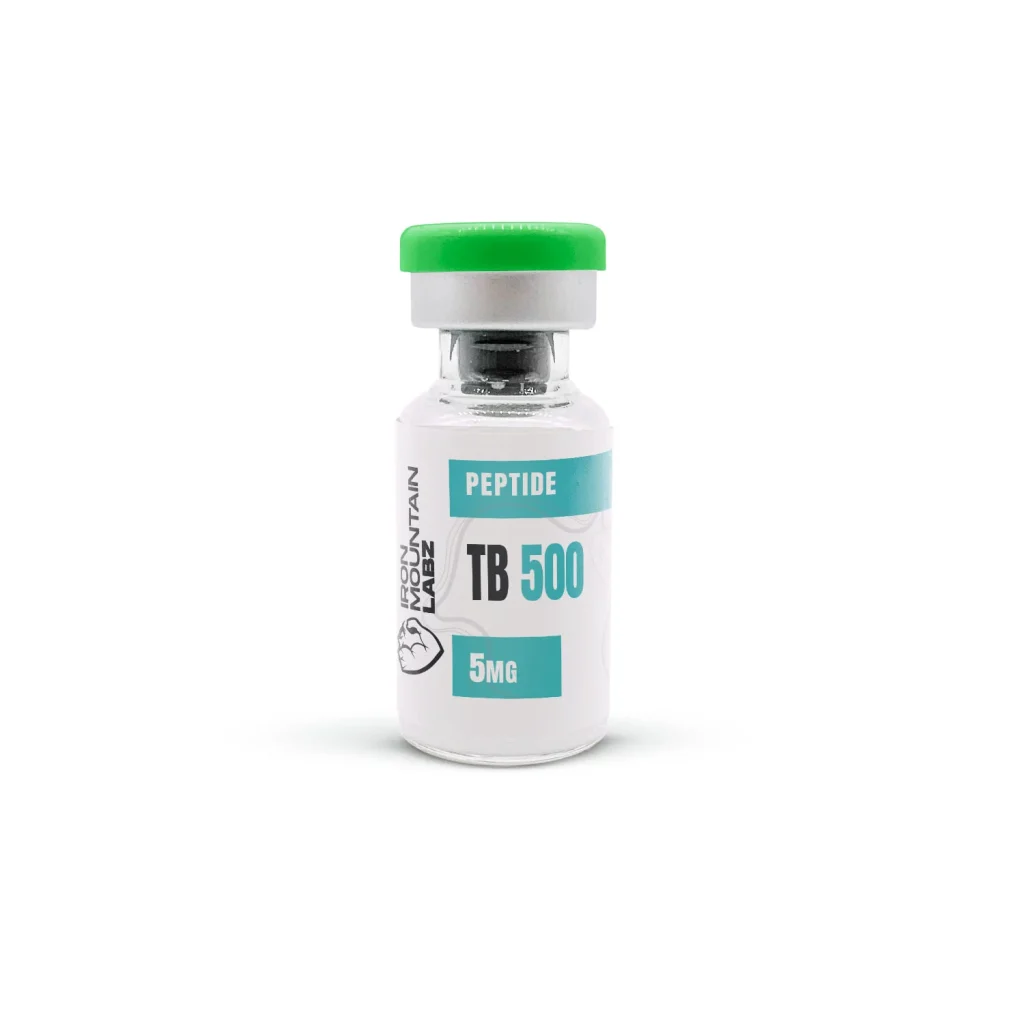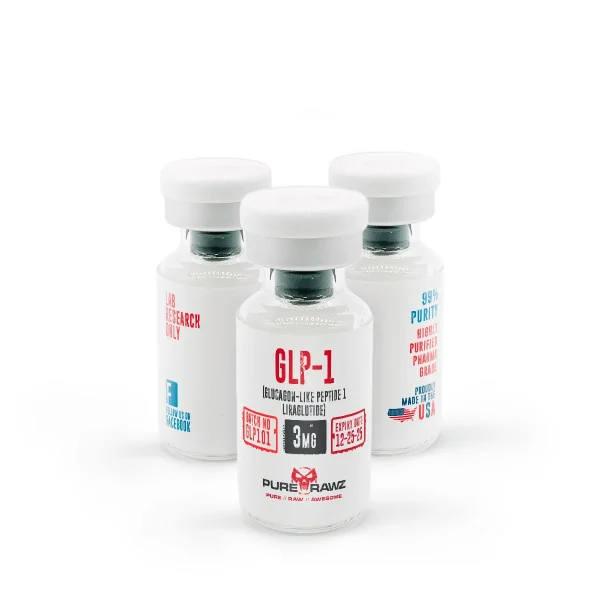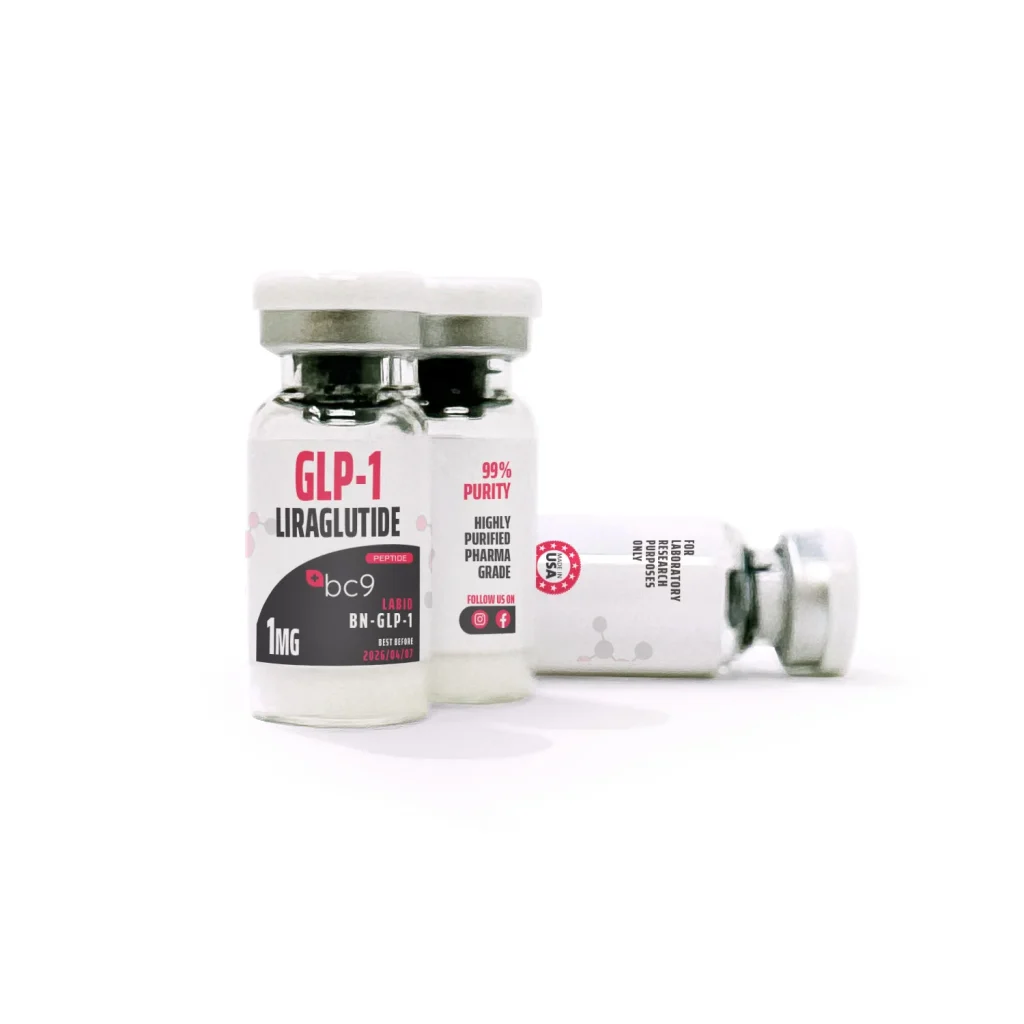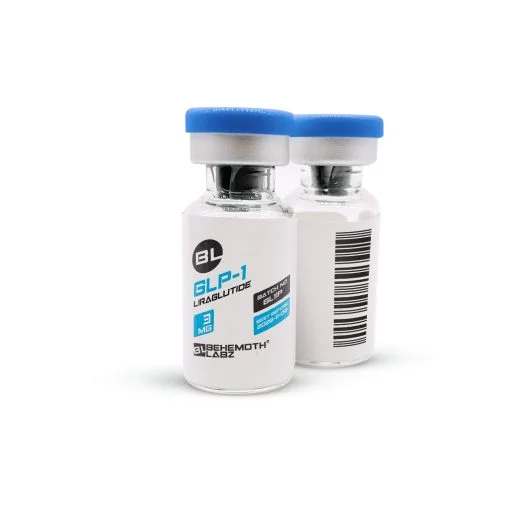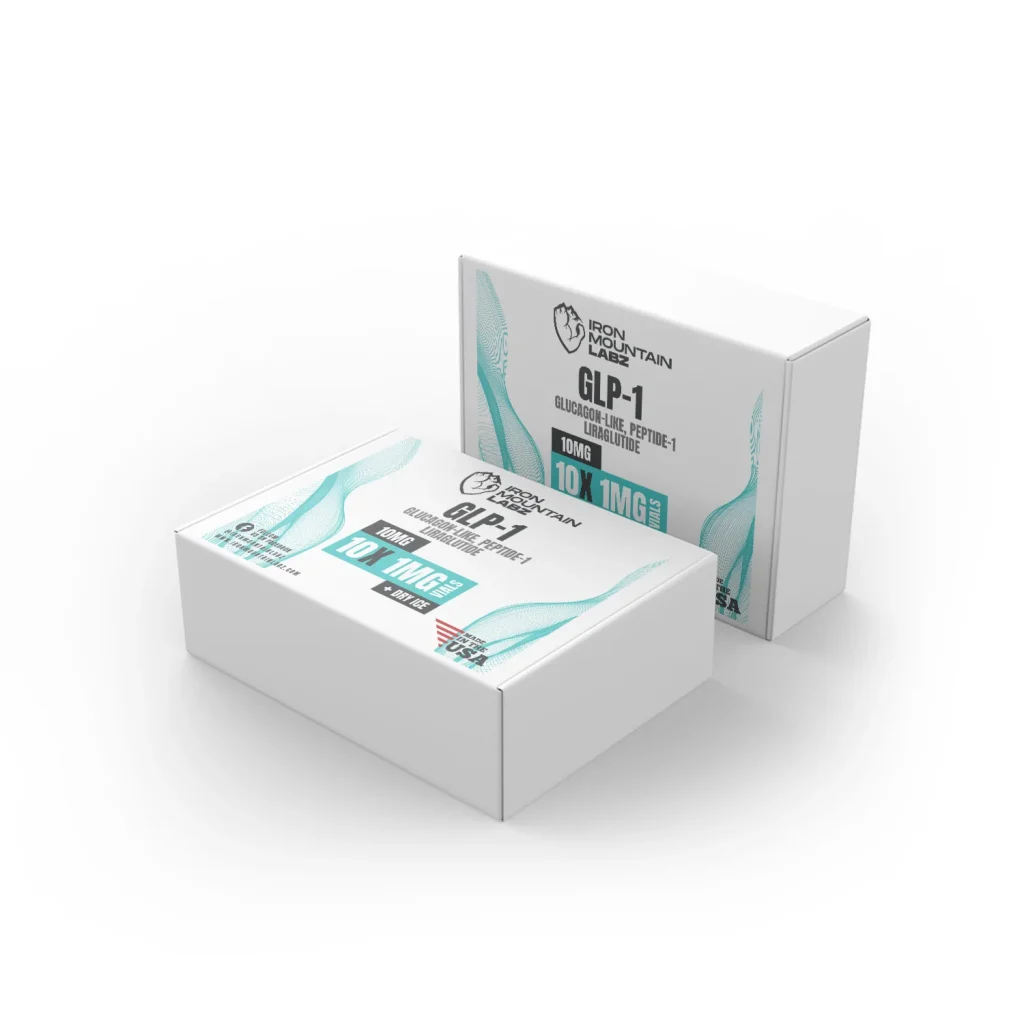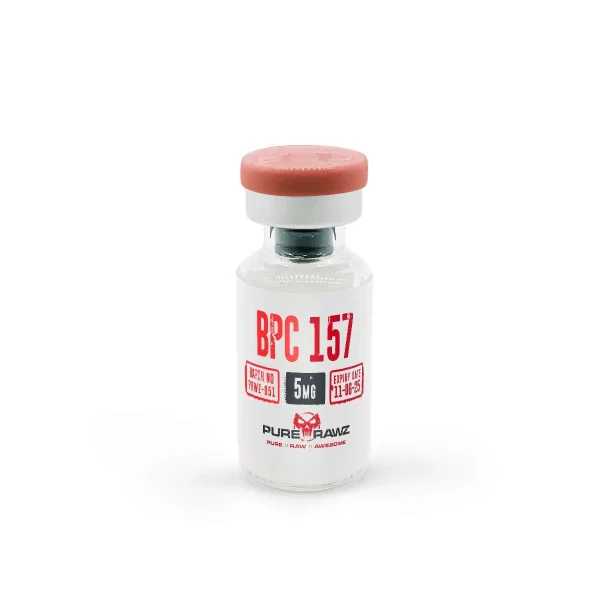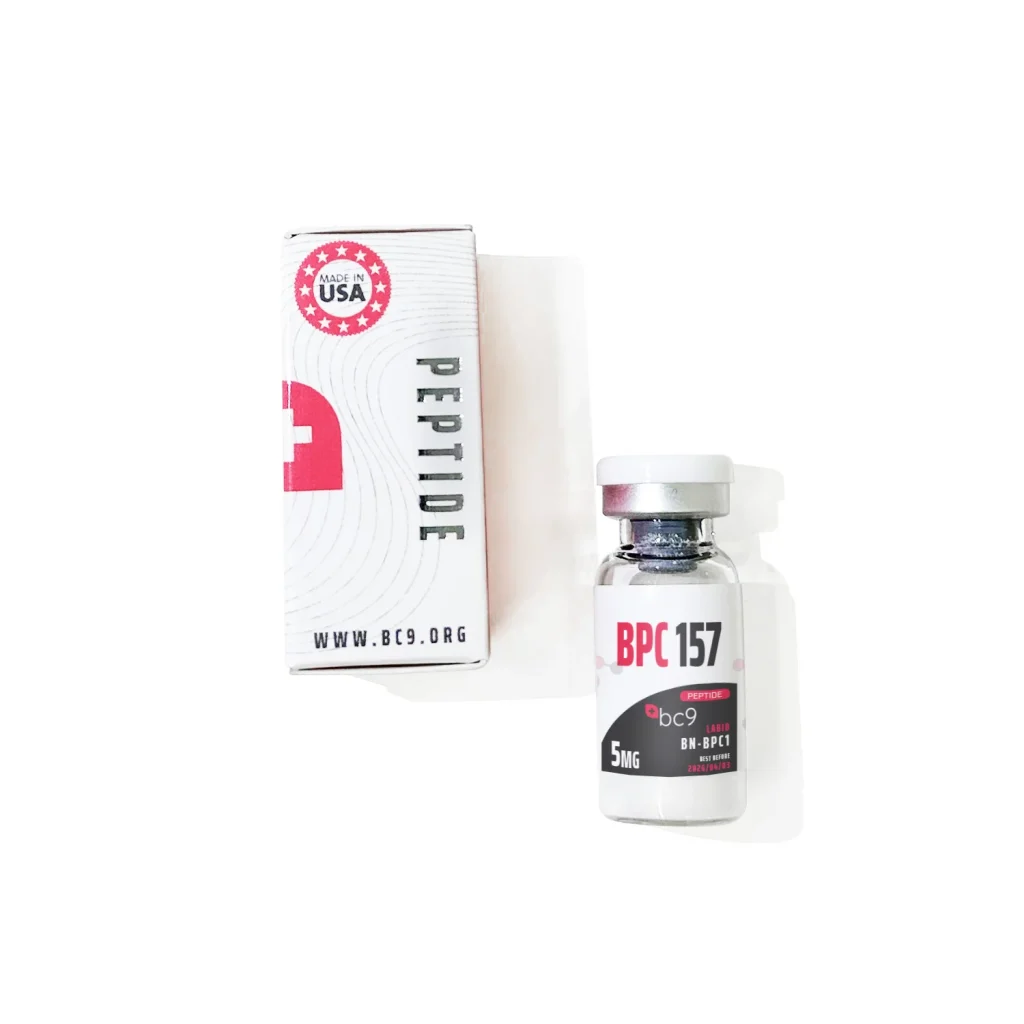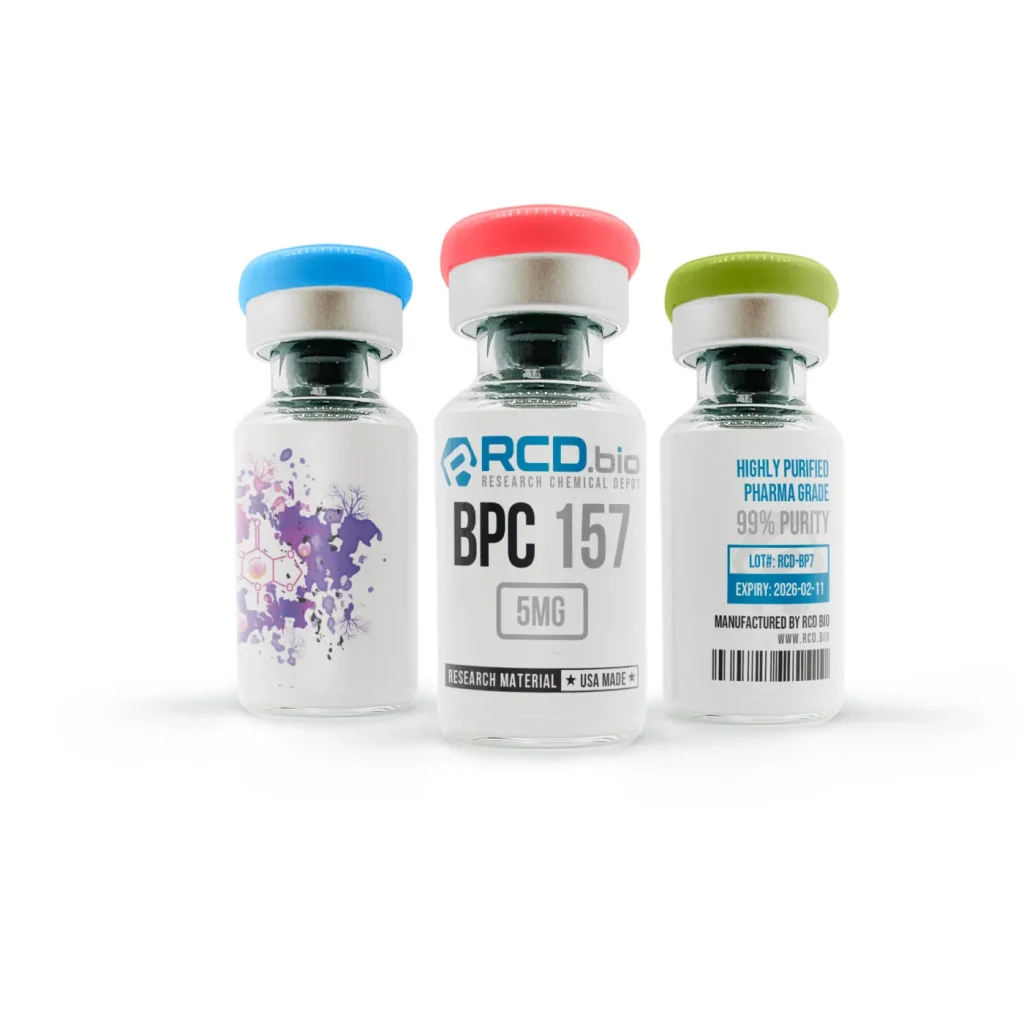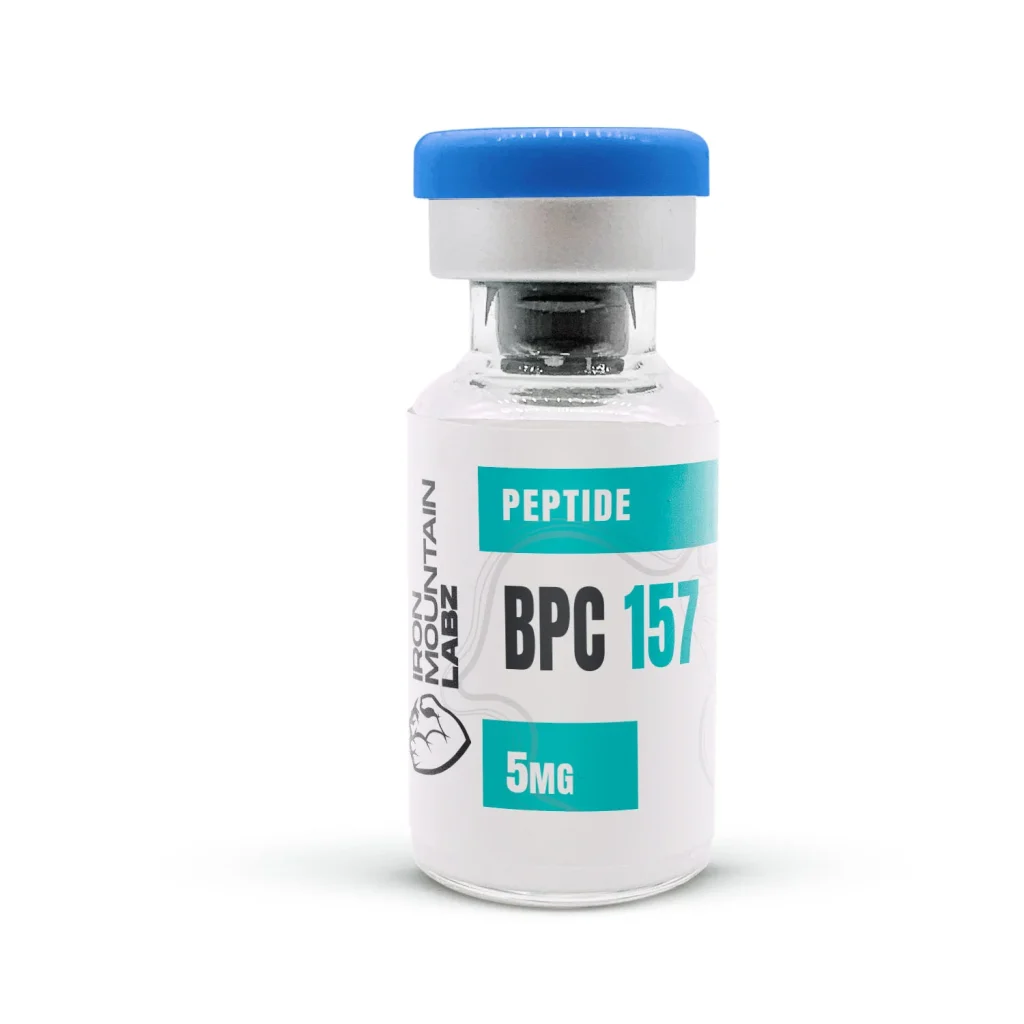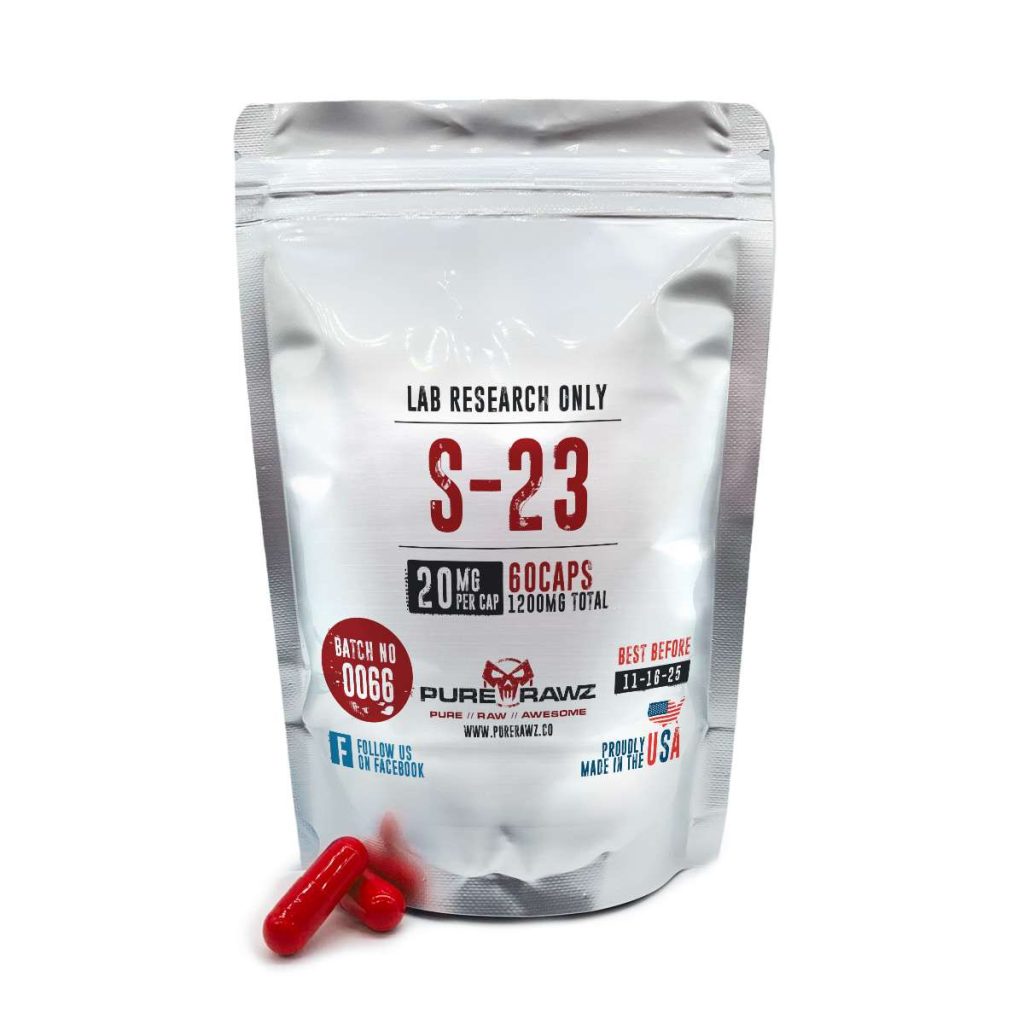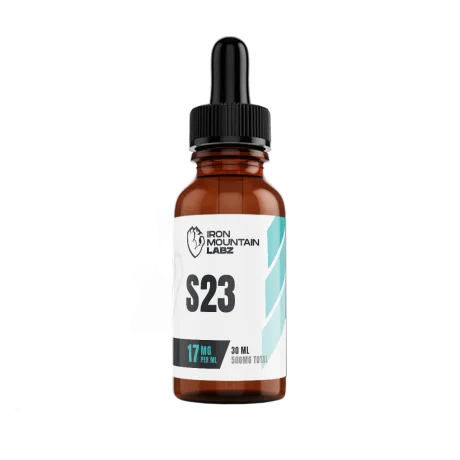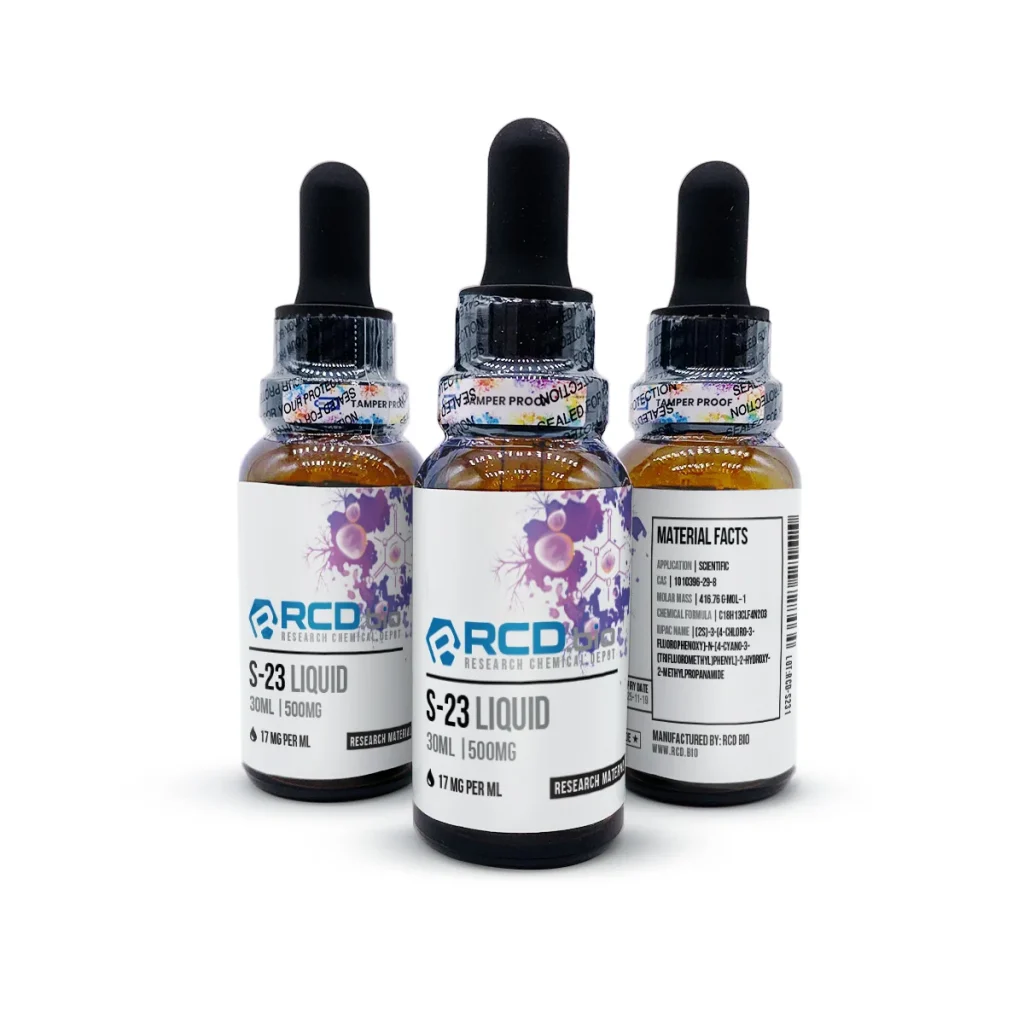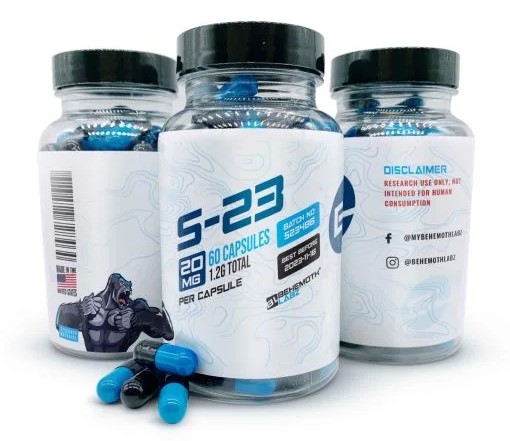The implications of growth hormone on rehab
Human growth hormone is a naturally occurring substance in your body and is created from the pituitary gland in your brain. It is responsible for the overall growth and development of the bones and other tissue in your body. For athletes suffering from a traumatic injury that can be career altering, will more than likely lead the exploring alternative treatments for rapid recovery. This can lead to a moral grey area when looking at banned substances such as human growth hormone.
Can human growth hormone really speed up recovery and aid a person or athlete following surgery?
Research on the effects of growth hormone and injury recovery has been very prevalent in the study of common sports injuries such as a torn anterior cruciate ligament (ACL) of the knee. This is a common orthopaedic injury that pronounces itself with a loud audible pop as one of the ligaments responsible for knee stability tears or snaps. Athletes that suffer from an ACL tear, say they hear the noise before they experience the pain. This injury diagnosis is a different kind of blow. Following surgery and months of hard rehabilitative exercise, most patients will never regain their full pre injury strength. One in every three NFL players who experience an ACL tear never return to professional play. Young up and coming athletes’ careers are stalled or put on hold before it can really take off. Even your average Joe faces a greater likelihood of complications such as arthritis and knee replacement surgery in the decades following the injury.
To improve the general recovery and odds of the nearly 250,000 people a year who tear their ACLs, a team of researchers from the University of Michigan has been tasked with the investigation to procure knowledge and insight regarding the controversial substance, human growth hormone. It is considered a banned substance due to its known connection with steroids and the potential performance enhancing benefits. As such growth hormone carries the stigma of cheating and is very rarely studied in the field of sports medicine. As a result, surprisingly little is actually known about the biological effects and potential in the field of rehabilitation of orthopaedic injuries. The research project at the University of Michigan ran a double-blind study where human growth hormone is administered to patients prior and following ACL surgery, to evaluate if it can minimize muscle loss and give athletes a better chance of a full recovery. This pilot study has given a lot of hope in providing us with some much-needed fundamental information regarding human growth hormone. The human knee compromises of three bones and four major ligaments that hold these bones together, creating the stability that allows movement. The ACL crosses over the front of the knee running diagonally and is very vulnerable to snapping or tearing, especially in sport that requires running, jumping and quick changes in direction. The reason ACL injuries have become such a prevalent problem is not only its vulnerability but the fact that most ACL tears involve injuries to other parts of the knee as well.
Patients who experience a torn ligament or in this instance an ACL, usually spend a couple of weeks resting and icing the knee to minimize swelling before surgery. When a patient is then enrolled into this University of Michigan study, they undergo strength testing and high resolution magnetic resonance imaging of both knees. This is done to evaluate the composition and size of the muscle compartments in the legs. The goal is evaluating the potential effects, if any, on the healthy leg. This evaluation is an indication of the performance enhancing benefits of solely human growth hormone without it being a catalyst along with other anabolic steroids.
Human growth hormone is a hormone responsible for stimulating cell growth and regeneration. This hormone in its synthetic form is only available via prescription for the treatment of very specific disorders, including adolescent growth disorders and certain wasting diseases. In a moral and legal grey area growth hormone is sometimes prescribed for its marketable anti-ageing effects, which however is not well documented and lacks in research. It does however diminish fat and cause muscle tissue to retain and absorb water, improving tone and definition. Despite the stigma attached to growth hormone it may not enhance athletic performance when taken solely by itself. Unlike anabolic steroids, growth hormone does not objectively increase muscle mass or strength. Instead, growth hormone prevents the degradation of muscle and protects ligaments and tendons. Anabolic steroids will cause more connective tissue injuries and tendon ruptures due to the muscle growing so big and rapidly, that these tendon structures do not have the adequate time to adjust to the now bigger force generated by the bigger muscle. Growth hormone naturally promotes the growth of connective tissue. Part of the stigma is that athletes taking anabolic steroids are also taking growth hormone additionally.

An additional study done by the University of Copenhagen, muscle atrophy was purposefully induced in healthy males. Healthy men in their twenties were fitted with a hip to ankle cast for 2 weeks. Half of the men were instructed to self-administer human growth hormone daily, the other half were administered a placebo. Once the casts were removed it was concluded that the group administering human growth hormone lost less muscle mass than the placebo group. Both groups then followed the same exercise program for 6 weeks, the group that took growth hormone was able to fully regain muscle strength in the leg, while the placebo group did not. This starts to give us a better indication of not only the recovery potential of growth hormone, but also the long-term impact on regaining full strength. The moral question being posed to an athlete whose career is in jeopardy is undeniably a difficult one.
The reason most of your major injuries are such big setbacks and require intensive rehab is due to muscle wasting that comes with immobilizing a joint in order to heal. Immediately following ACL surgery, one of your most popular sports injuries, the ACL graft is still fresh and very fragile, and as a result knee movement is very limited to give the graft adequate opportunity to heal properly, and as such muscle atrophy is induced as certain muscles are not activated. Losing a certain amount of muscle mass can be reversible, however prolonged atrophy can reach a point of no return making it extremely hard to fully recover. Unfortunately, research on growth hormone and its implications for rehab is very limited and future studies are optimistic but very bleak due to issues in funding as it can be very political. Several Major League Baseball players where caught doping with the use of anabolic steroids. Congress responded by limiting or cutting funding for steroid research, despite the strides made for advocating growth hormone in medical uses. Despite the stigma and ban on growth hormone, its performance enhancing effects are not well documented and scientific curiosity to explore these effects is limited due to the numerous concerns that comes with studying human growth hormone and the clouded reputation and ban in professional sports. The problem we face in sports medicine in a professional context is the fact that reputation is paramount. Most professional teams will not be willing to call on a medical doctor or consultant who does not display the highest amount of moral and ethical character in doing what is right by their athletes.
We can however conclude from many of these studies that are currently under way that the preliminary reports indicate that there is more rapid wound healing with growth hormone. It has shown in cases were athletes have injured a muscle or tendon in the last two decades, that the addition of growth hormone will indeed help the recovery process. There are many signs that this is the way to go and as many of these studies start to come to final conclusions, we might be tapping into unmatched potential in the field of injury recovery and sports medicine.
Injury resilience should always be the precursor to rehabilitation! Although the research and findings in the sports medicine and rehab field can be very exciting at times, it is always better to train smarter as the right approach to how an athlete conditions their body can lead to a minimized risk of injury. As an athlete you inherently have the responsibility to ensure that your body is not only conditioned correctly, but also that you take adequate care of your nutrition and supplementation to ensure joint, muscle and ligament health. Take responsibility of getting the correct and adequate supplements such as calcium to promote stronger bones and collagen for joint support. Yes growth hormone will play a big part in how we approach rehabilitation of sports injuries in the future, however always take responsibility to try and promote correct training and supplementation as injury resilience will always be a better precursor than surgery!








